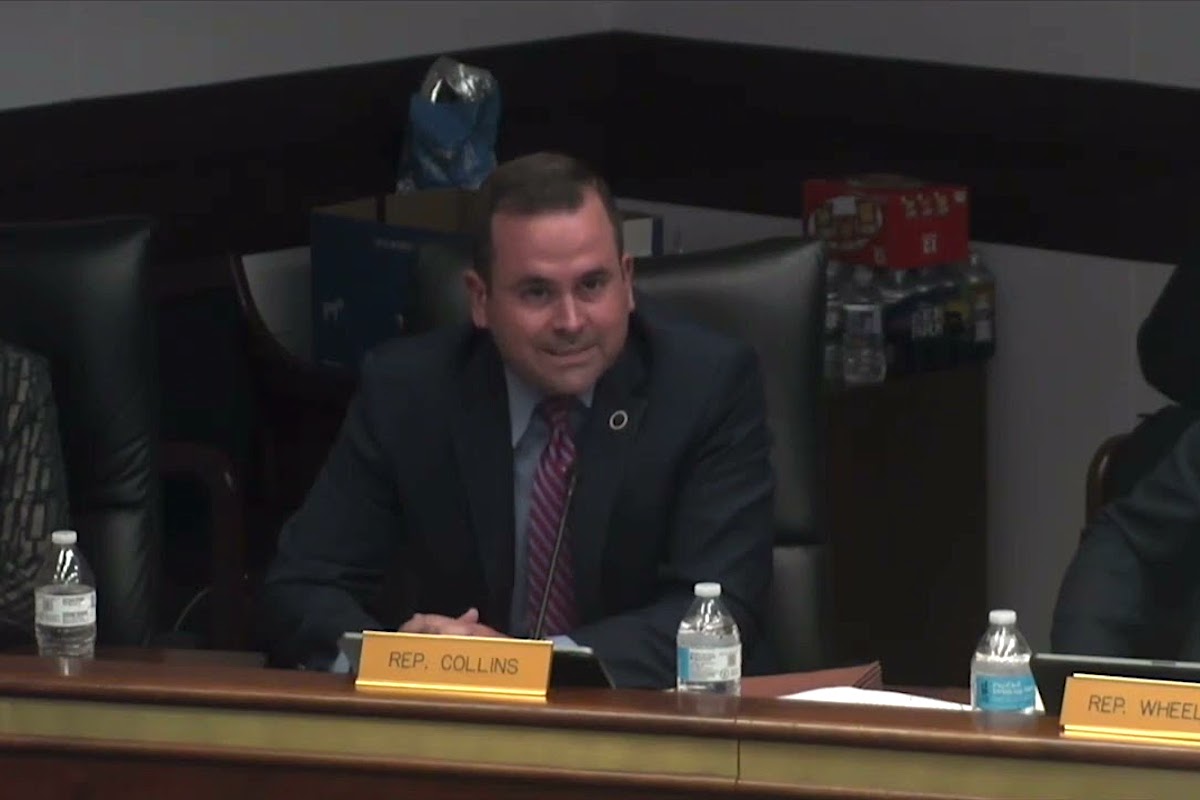A Republican in the South Carolina state House of Representatives fought back tears this week as he talked about the dangerous ramifications of the state’s abortion ban—which he himself voted for.
In 2021, South Carolina’s governor Henry McMaster signed into law a six-week abortion ban. Bans at the six week mark are framed by supporters as “fetal heartbeat bills” despite the fact that there is no actual heart present, just an embryo the size of a pomegranate seed with healthy yolk sac development resulting in electrical activity.
But I digress.
South Carolina was one of many states to introduce a “fetal heartbeat bill” in the years before the Supreme Court overturned Roe v. Wade, which had previously made those laws unenforceable. They were on the books but were unconstitutional under Roe. Then the Supreme Court handed down the decision in Dobbs v. Jackson WHO, which suddenly meant that all of these six-week bans could now take effect.
I don’t know if any of the state lawmakers who voted for these bills did so because they saw them as hypothetical at the time, thinking of them as a symbolic vote against abortion rather than a very real threat to women and impregnable people. But South Carolina state Rep. Neal Collins has at least finally become aware of what he did when he voted for his state’s ban.
Collins fought back tears speaking from the statehouse floor this week, describing the emotional and physical torture he and his colleagues recently inflicted on a 19-year-old woman.
In just the second week after this six-week ban took effect, Collins says a doctor called him and told him about the woman, whose water broke after 15 weeks of pregnancy—far before the point of viability where the fetus could survive outside the womb but long after the six-week cutoff to receive an emergency abortion.
Because the fetus had a heartbeat, lawyers advised the woman’s doctors that they could not perform an abortion to remove it, even though that is the standard and absolutely necessary medical procedure. The only options were to discharge her or to admit her to the hospital and wait for the heartbeat to stop on its own—something the doctor told him could take anywhere from seconds to happen to days. That’s a completely unnecessary, physically and emotionally harrowing experience, not to mention likely financially draining seeing as this woman lives in a country where healthcare is prohibitively expensive.
The doctors sent the woman home. Collins explained what she was left to go through: “First, she’s going to pass this fetus in the toilet. She’s going to have to deal with that on her own.” Then, he says he was told, “There’s a greater than 50 percent chance that she’s going to lose her uterus; there’s a 10 percent chance that she will develop sepsis and herself die.”
“That weighs on me. I voted for that bill. These are affecting people,” Collins said, adding that he did not sleep the entire week he heard this story.
I am so glad Collins had this epiphany. I hope it sticks. I hope it lands with his colleagues. I also wish that it didn’t take the words of a doctor, after the fact, to reach him when women have been speaking up with stories just like this one for years and years, begging people like Collins to pay attention to them.
The woman, by the way, returned to the hospital two weeks after being sent home so that the doctors could remove the “non-beating” fetus. That she had to live in that ordeal for two weeks is unconscionable.
Collins ended his speech by pleading with his peers, choked up with tears, telling them, “What we do matters.” Glad he finally realized it.
(H/T MSNBC, image: screencap)










Published: Aug 17, 2022 05:57 pm